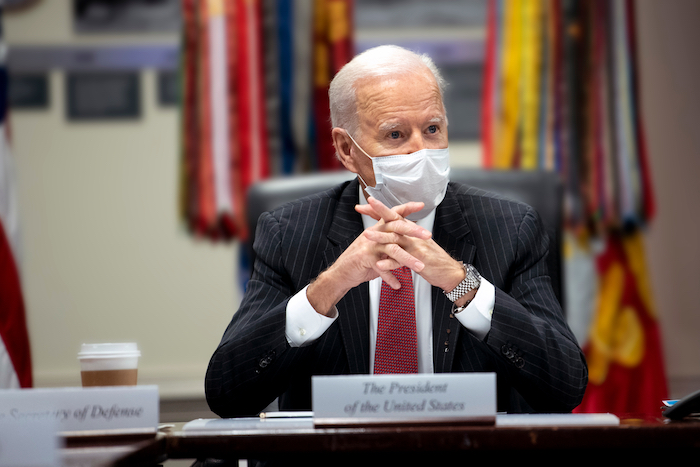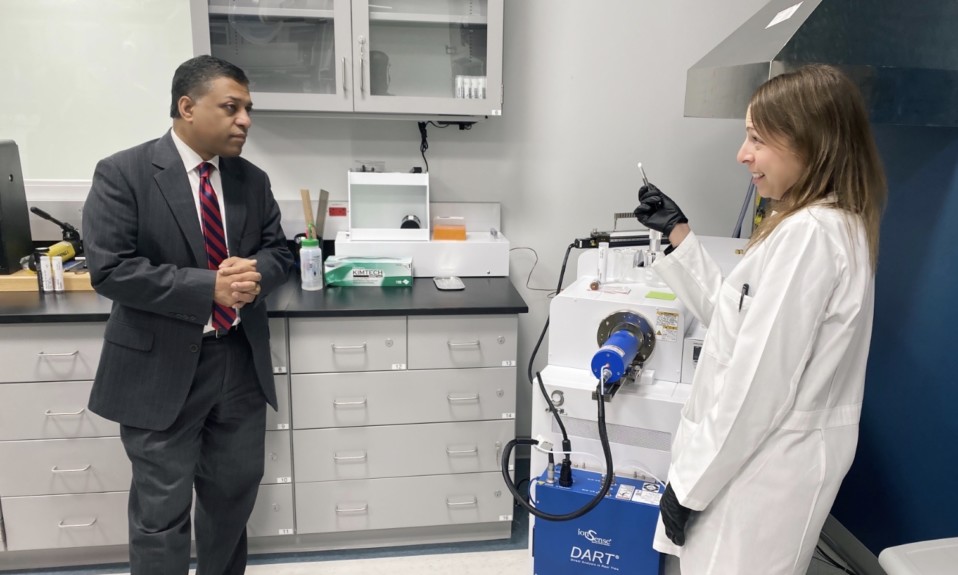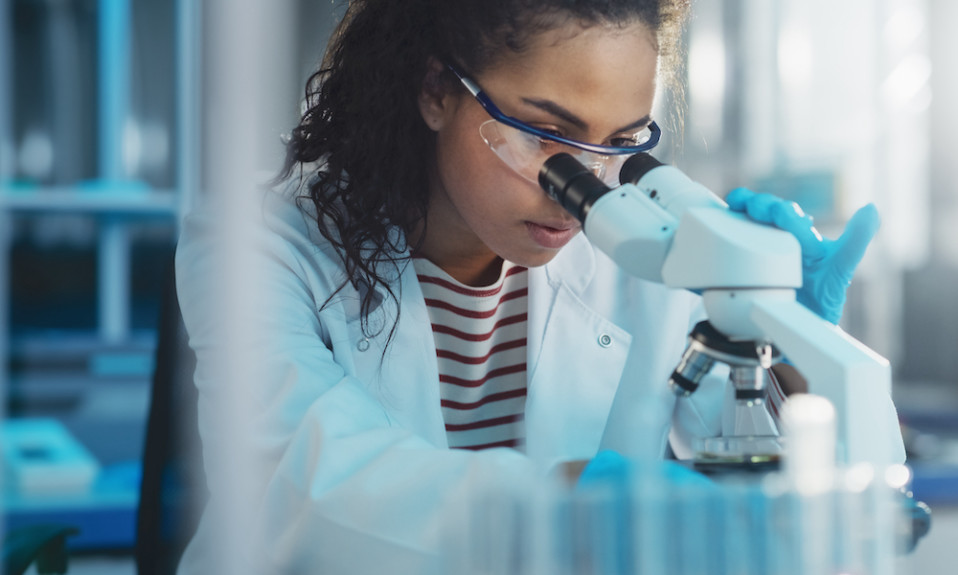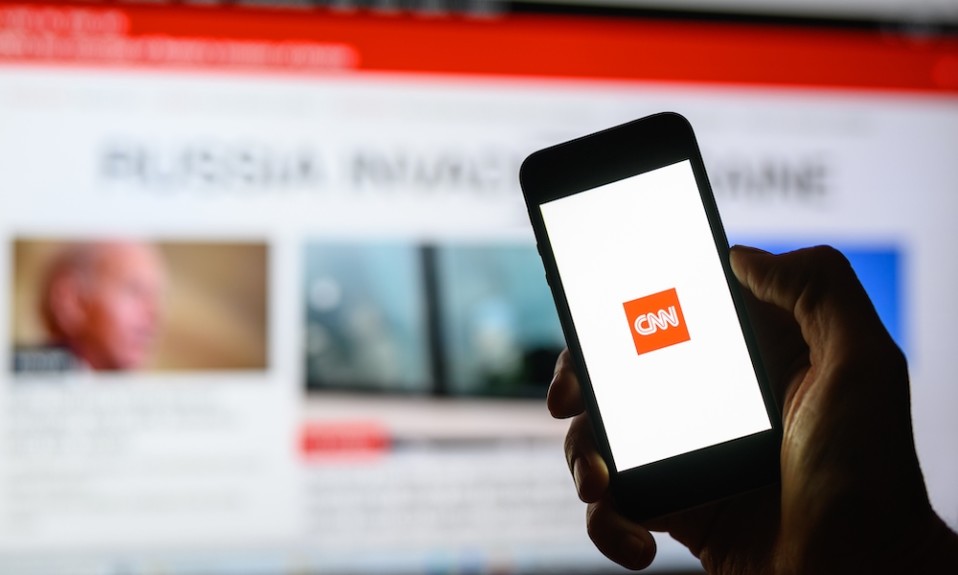The allocation marks a first at the federal level for addiction treatment
By Jason Langendorf
The Substance Abuse and Mental Health Association (SAMHSA) has announced that it will allocate $30 million to harm reduction resources across the U.S., a first for such services at the federal level.
The SAMHSA Harm Reduction grant program, authorized by the American Rescue Plan, is now accepting applications for grant awards. The organization expects to distribute $10 million per year over the next three years to grant recipients, which must specifically direct the funds to programs that increase access to community harm reduction services and support harm reduction service providers.
Building on the Biden-Harris administration’s efforts to expand evidence-based prevention, treatment and recovery support services, this historic funding will help make harm-reduction services more accessible, so we can meet people where they are and save lives.”
—Rahul Gupta, director of National Drug Control Policy
“The reality is, evidence-based harm reduction services are out of reach for far too many people,” said National Drug Control Policy director Rahul Gupta, MD. “Building on the Biden-Harris administration’s efforts to expand evidence-based prevention, treatment and recovery support services, this historic funding will help make harm-reduction services more accessible, so we can meet people where they are and save lives.”
How the Harm Reduction Grant Program Works
Elevating harm reduction services is described by SAMHSA as a “key pillar” in the Overdose Prevention Strategy announced by the Department of Health and Human Services (HHS) in October. As part of that initiative, Gupta also announced a new model law that will help states effectively roll out and manage syringe services programs.
Americans deserve health services that address the full range of drug use and addiction issues, and this funding will help provide those services in the neighborhoods in which they live.”
—Xavier Becerra, secretary of the Department of Health and Human Services
SAMHSA will accept applications from state, local, tribal and territorial governments, tribal organizations, nonprofit community-based organizations and primary and behavioral health organizations that may use grant funding on a variety of services, including but not limited to:
- Distribution of overdose-reversal medications and fentanyl test strips
- Overdose education and counseling
- Management or expansion of syringe services programs (which help control the spread of infectious diseases like HIV and hepatitis C)
- Provision of sterile syringes
- Provision of safe-sex kits
- Prevention education about synthetic opioids and other substances
- Peer worker engagement
- Medical services
- Case management and referral to treatment
SAMHSA calls warm handoffs—facilitating engagement in care and referring individuals for treatment and support services – a “critical component” of its harm-reduction grant program. Harm-reduction services are proven to be one of the most important gateways to treatment for people who use drugs.
“Too many Americans, more than 100,000 people over the last year, have lost their lives to drug overdose,” said Health and Human Services secretary Xavier Becerra. “Our new HHS Overdose Prevention Strategy is clear: Harm reduction services are critical to keeping people who use drugs alive and as healthy as possible. Americans deserve health services that address the full range of drug use and addiction issues, and this funding will help provide those services in the neighborhoods in which they live.”
Photo: Shutterstock













